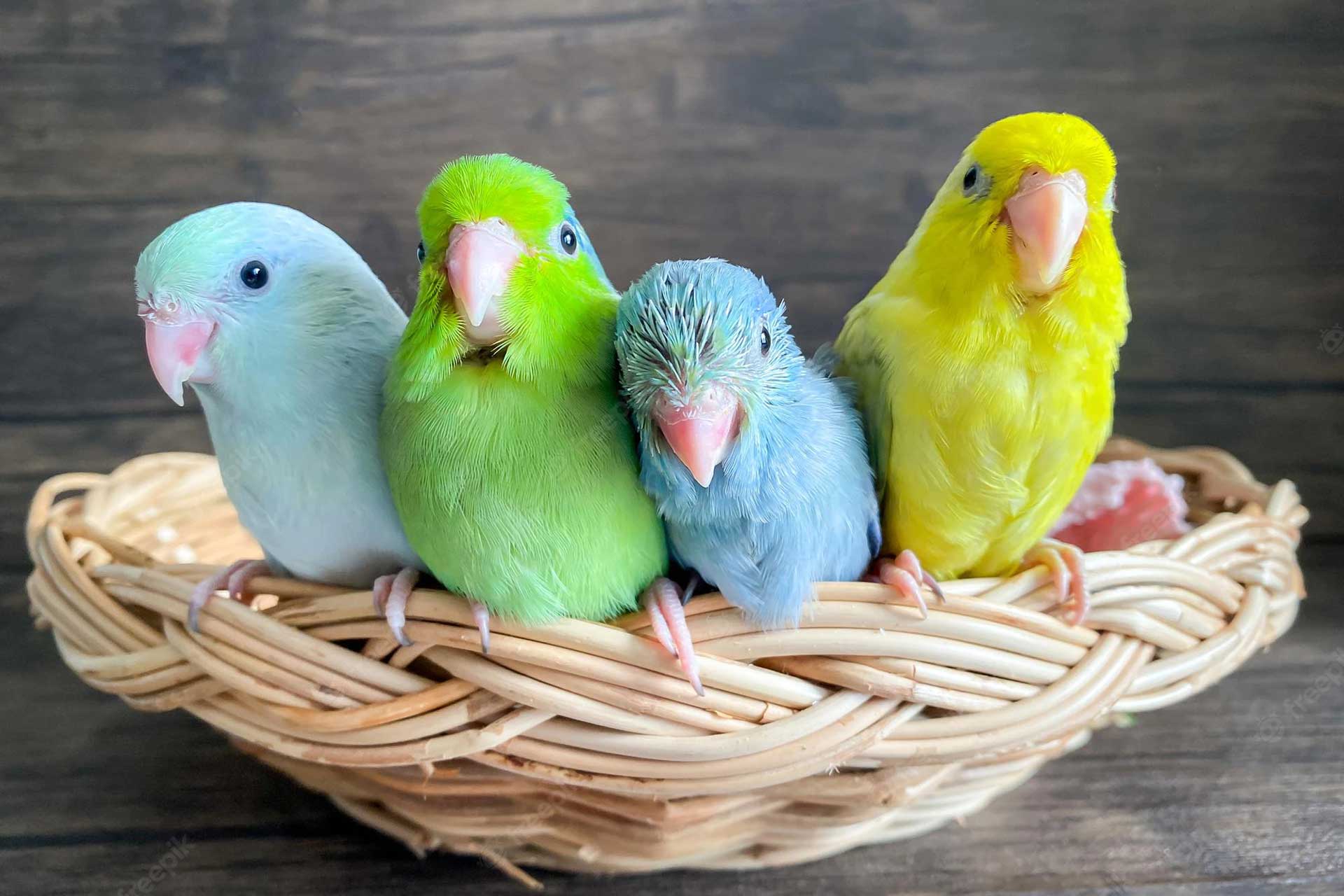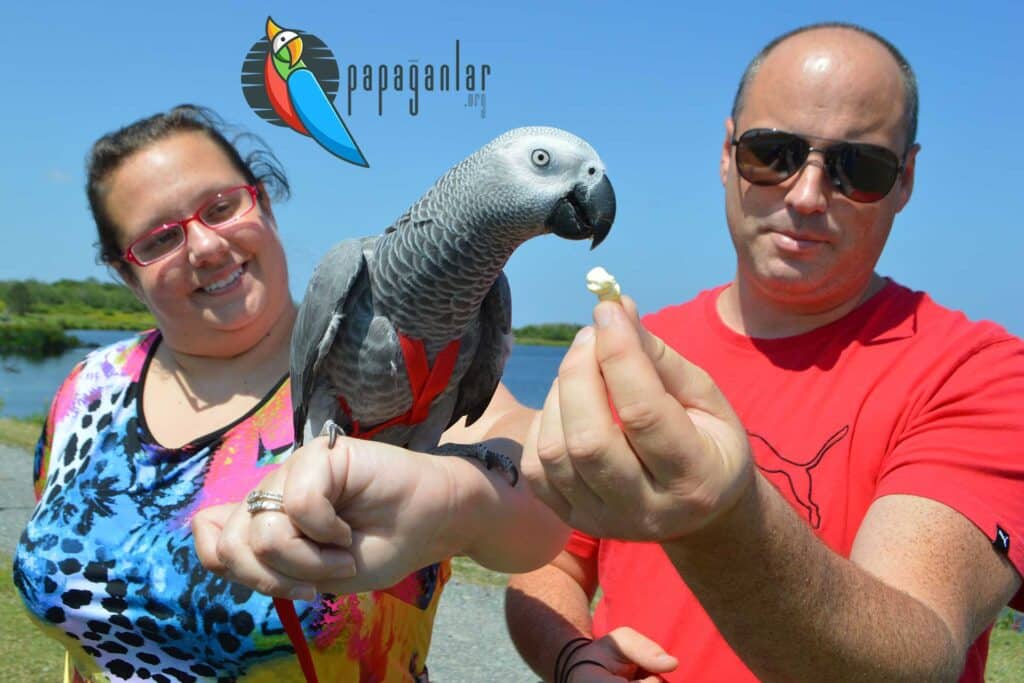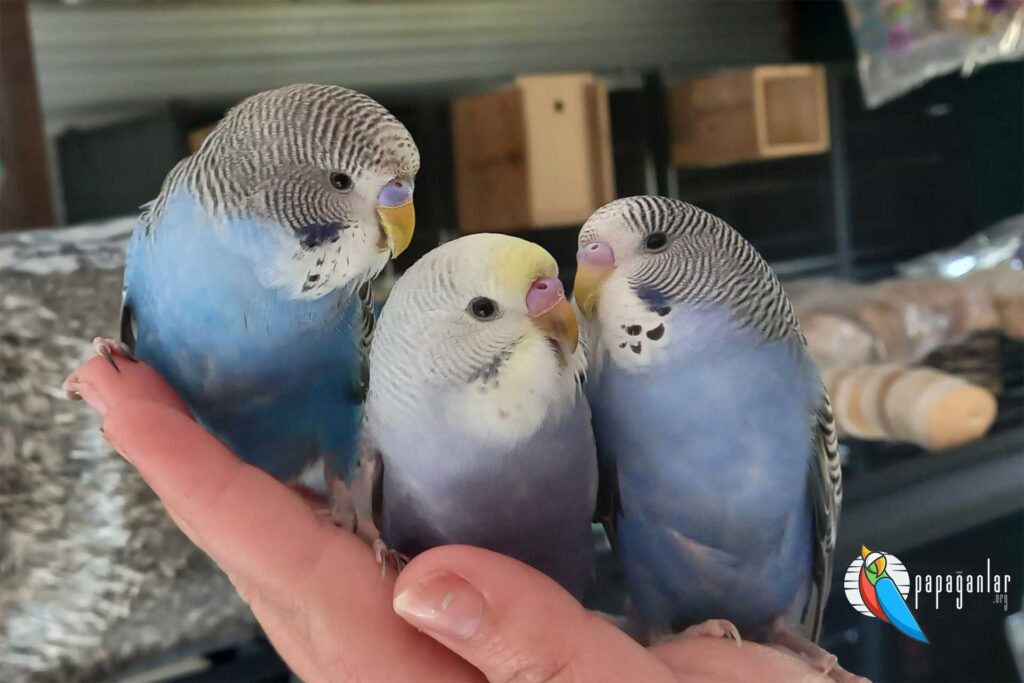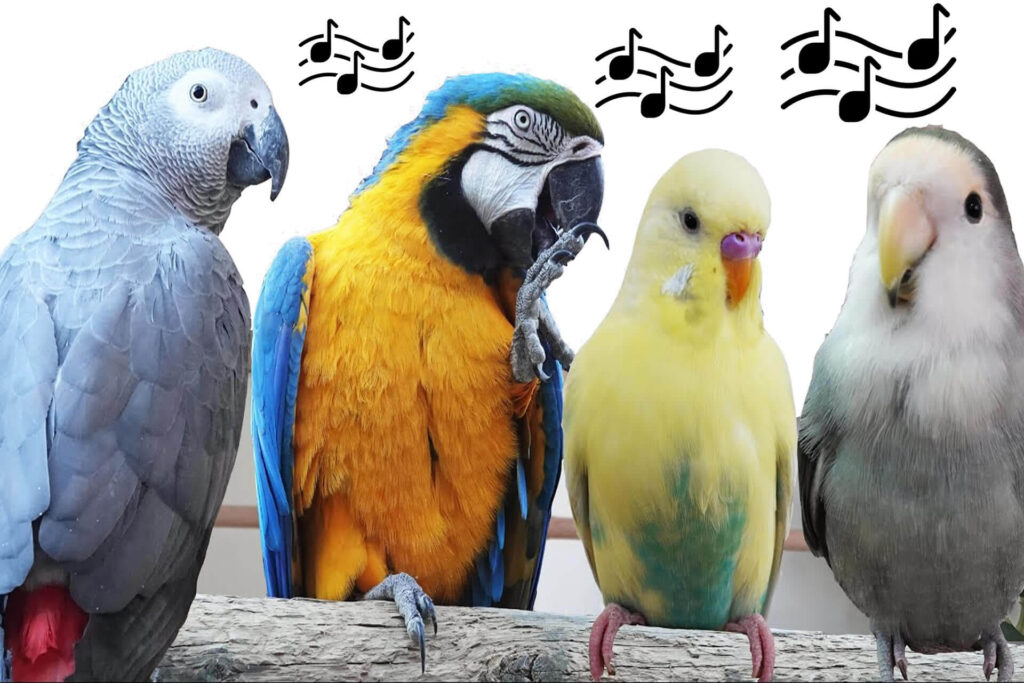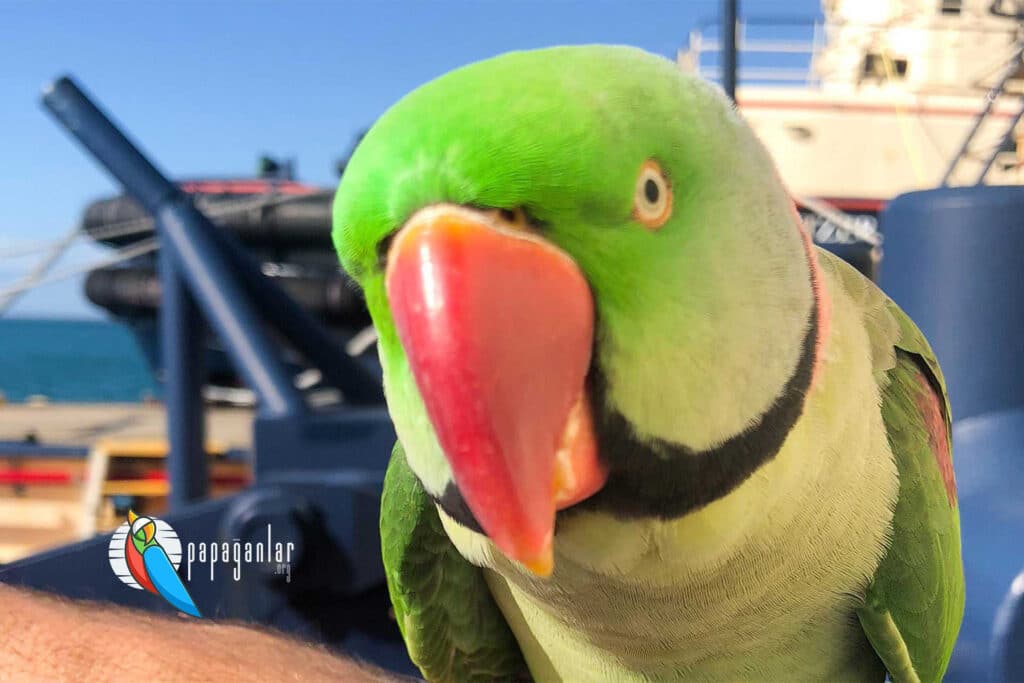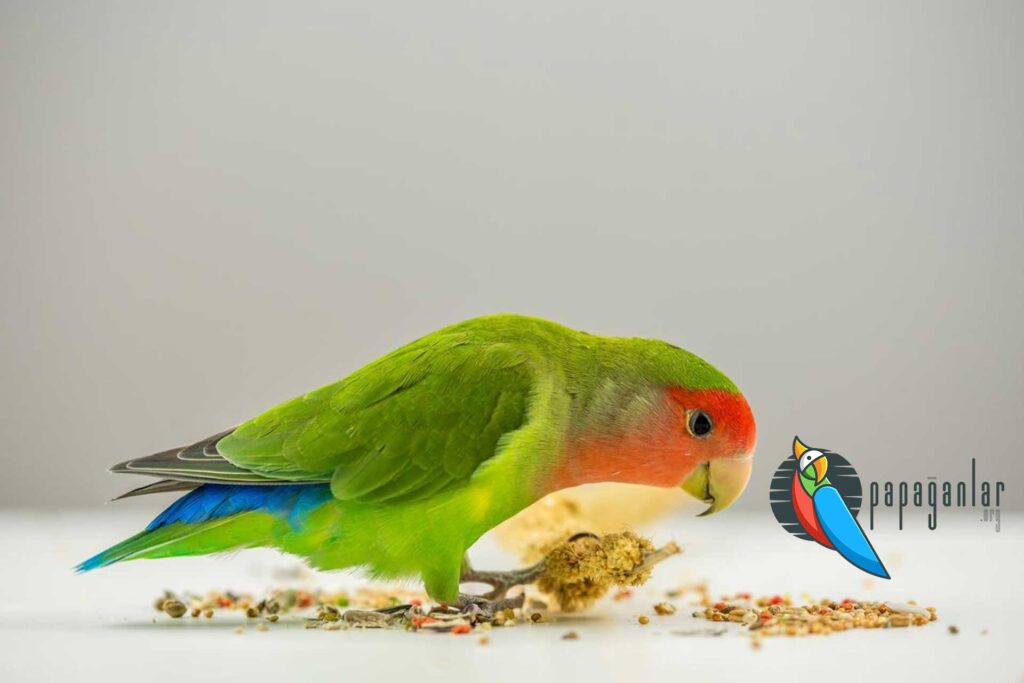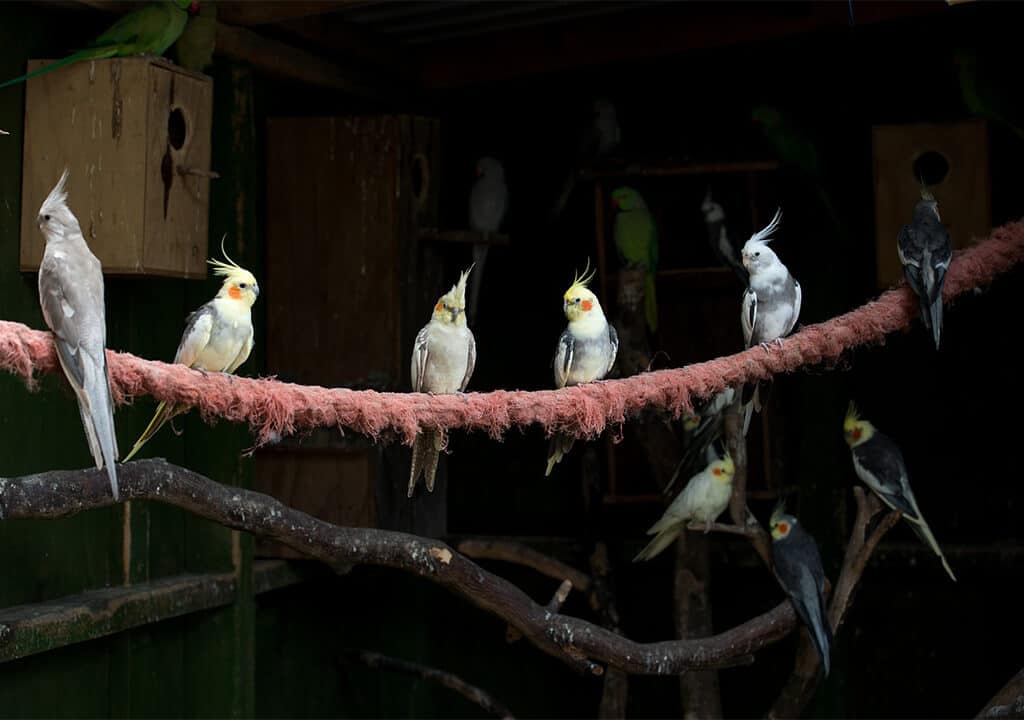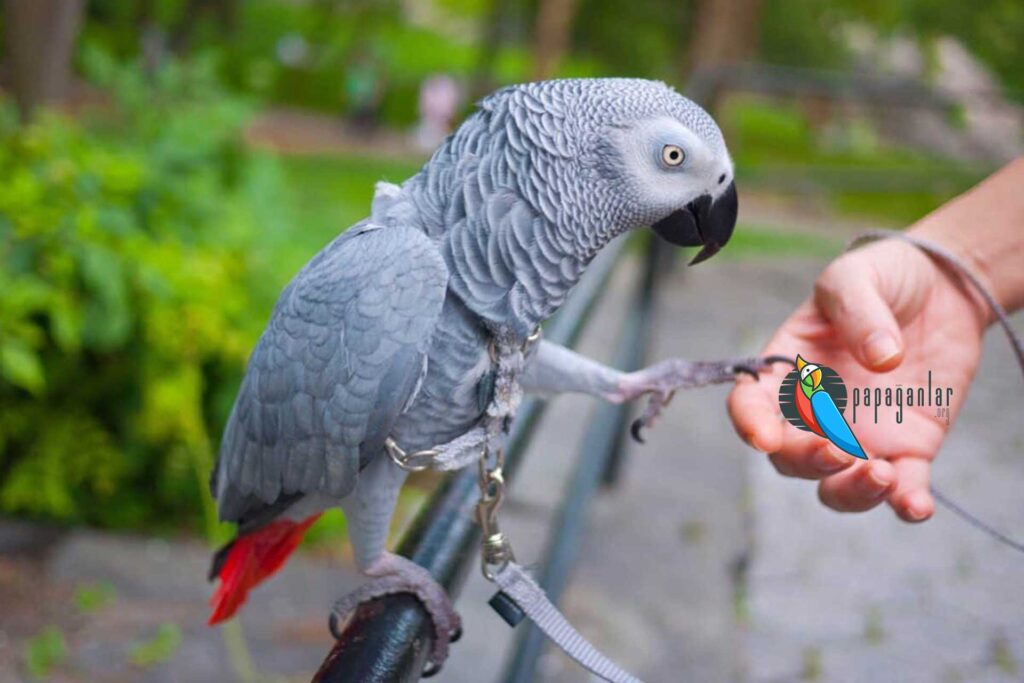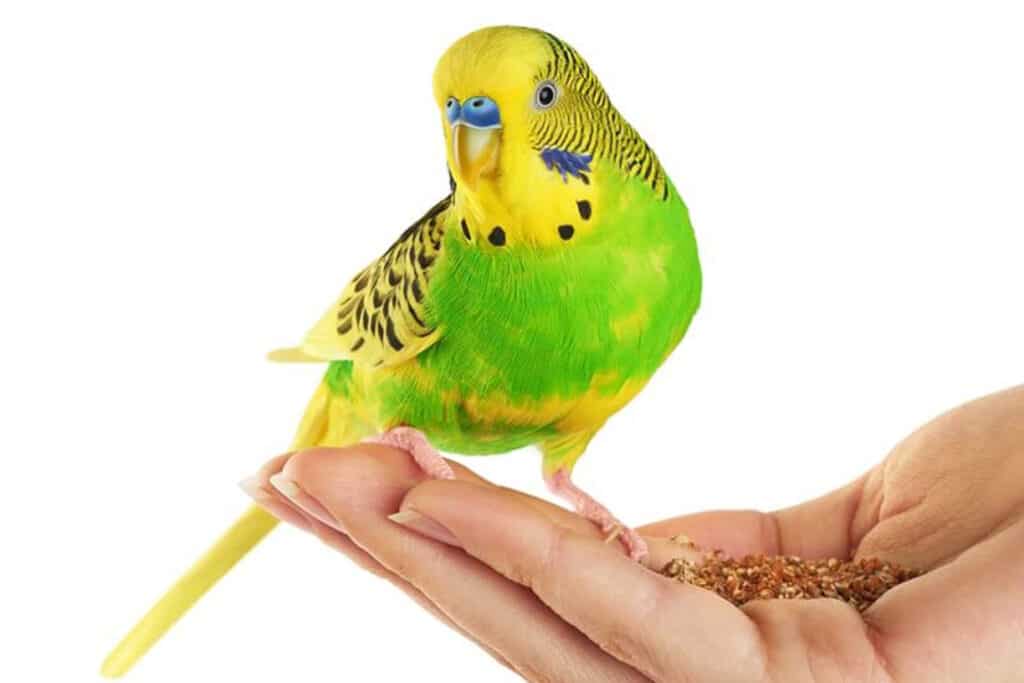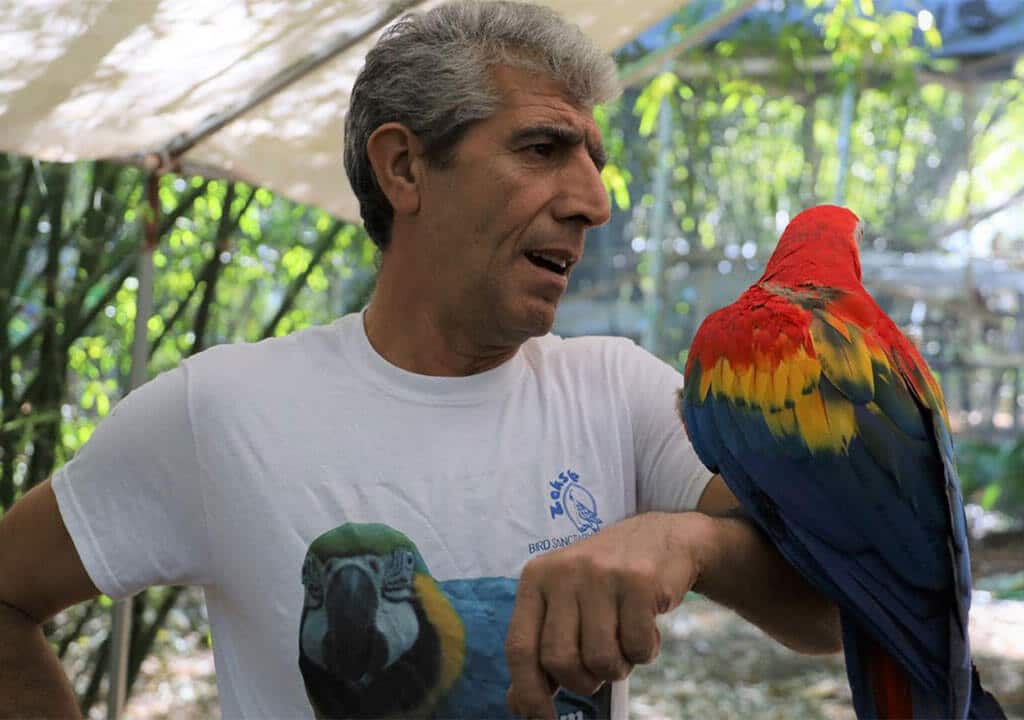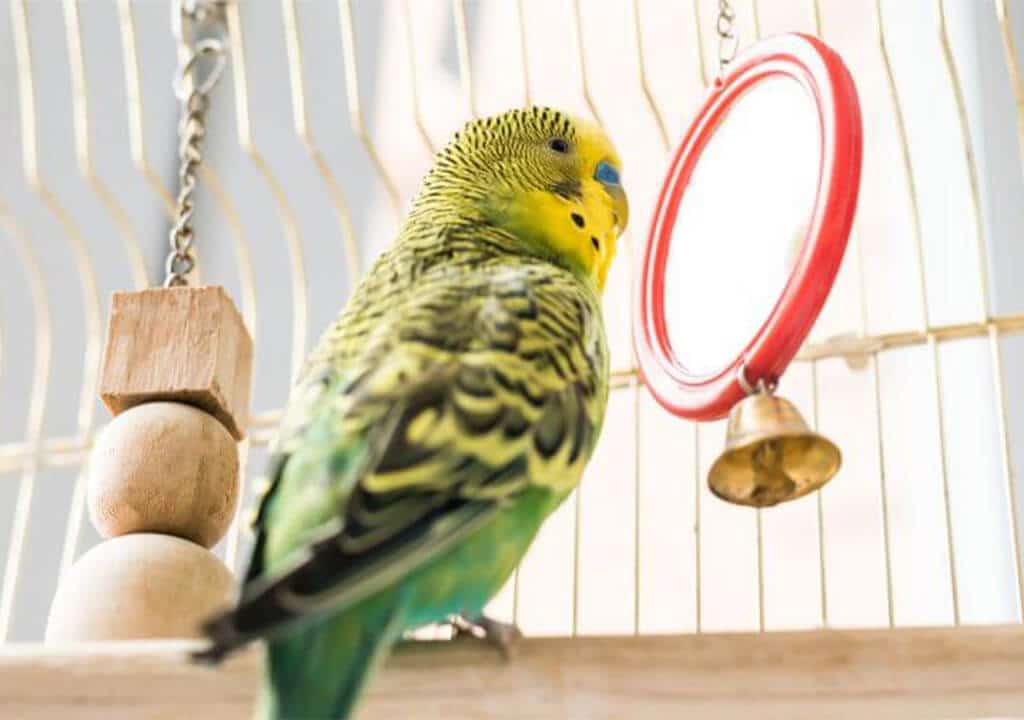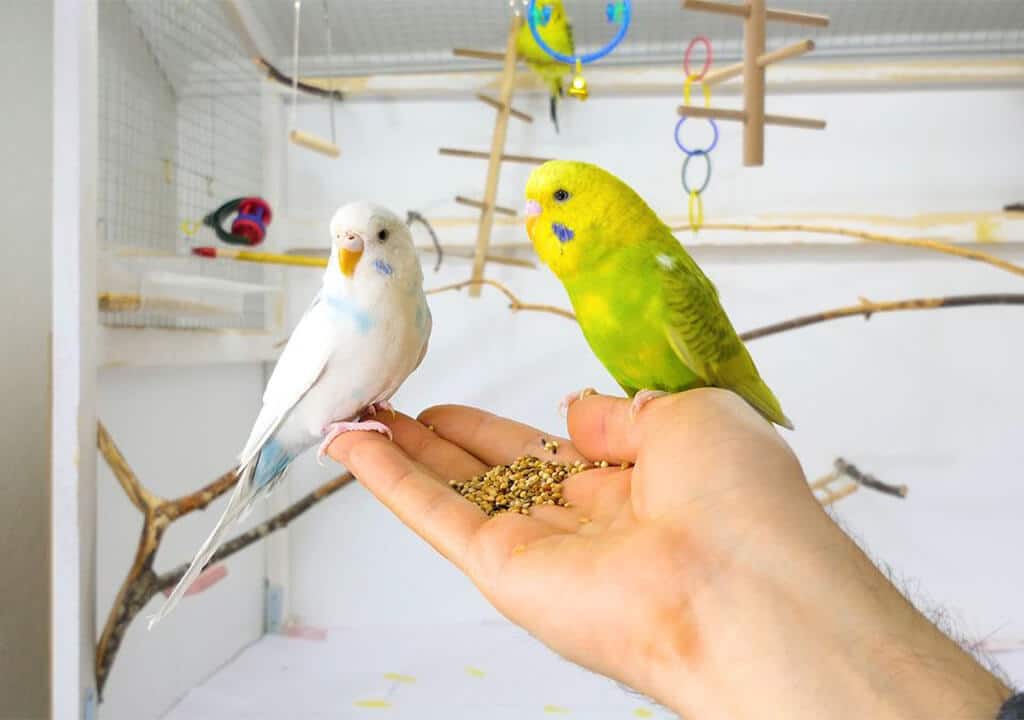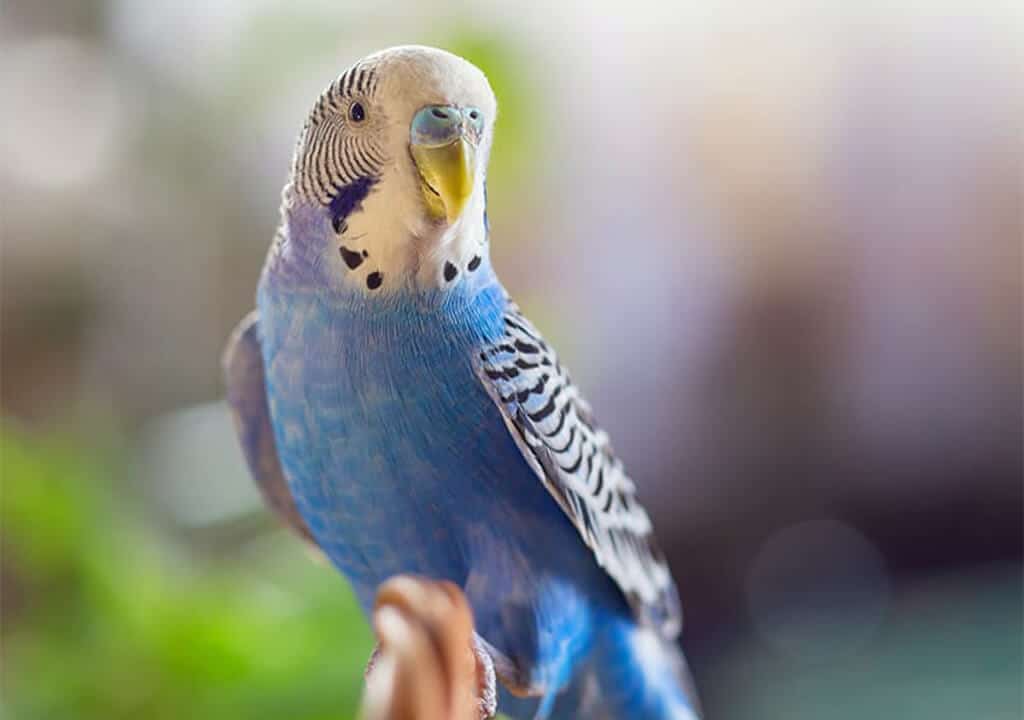Getting your bird used to your hand is an important goal for many adopters. You can start the acclimatization process by placing your hand next to your bird. At first you may perhaps just need to sit near it. Over time, as your hand gets used to going near your bird, you can bring your hand closer. Forpus parrots are very sensitive to rewards and incentives. Have a variety of rewards that you can use in the process of training him/her. Rewarding good behavior can help your bird learn desired behaviors.
Forpus parrots need a regular routine. Feeding, cleaning and giving them attention at the same times can help you gain their trust. Alexander parrots tend to socialize with other birds. If you have another Macaw, you can improve your bird’s social skills by introducing them and spending time together. It is very important to take care of the health of Alexander parrots. Routine veterinary check-ups can help you detect potential health problems early.
One of the most important things to acclimatize your Forpus parrot is to show it love and respect. To build a good relationship, be patient, respect his/her boundaries and try to get closer over time.
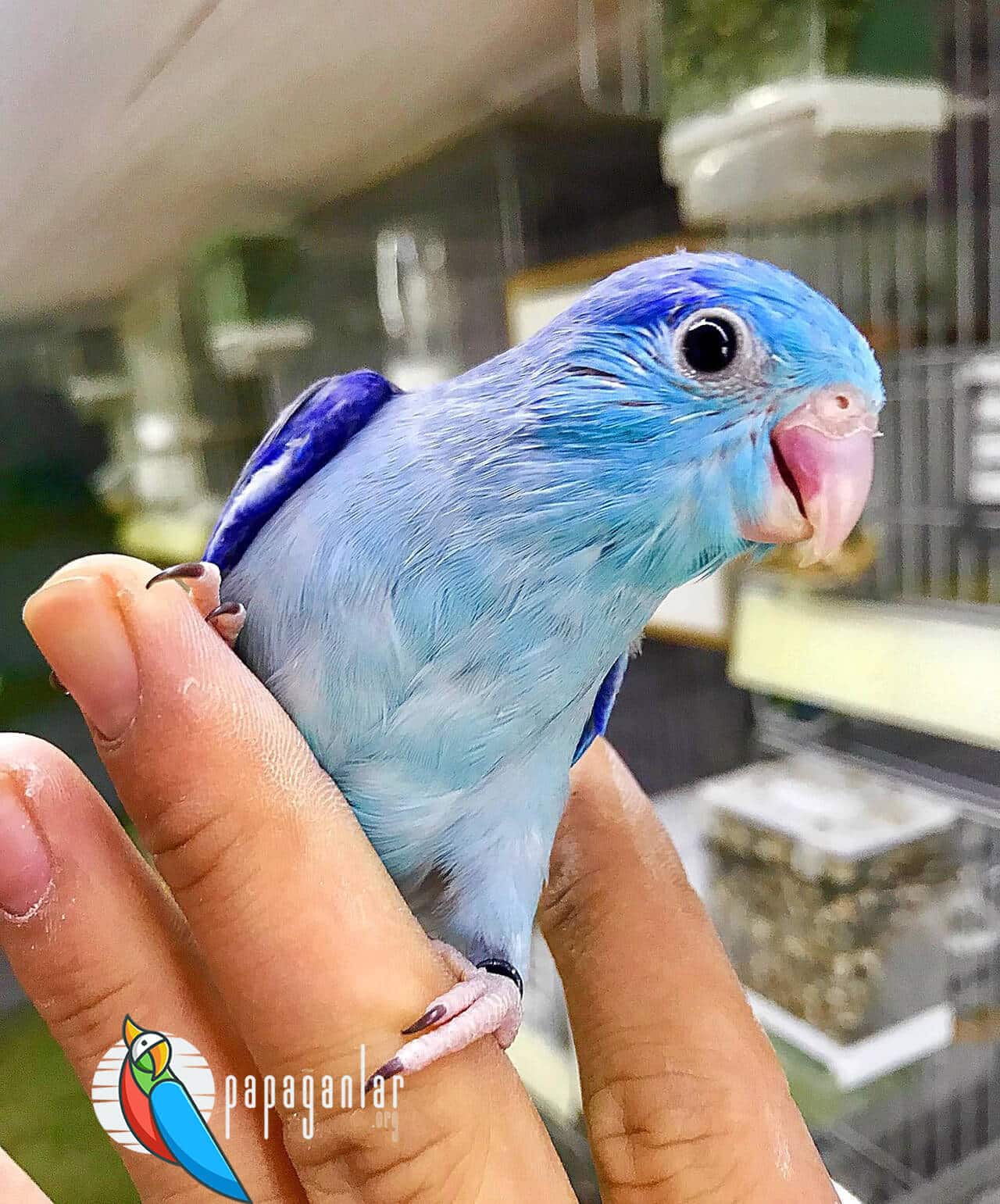
Forpus Parrot Handling
Forpus parrots are wonderful pets that require patience, love and attention. Using the above methods, you can keep them happy and healthy in your home. Remember that every bird is different, so it is important to pay attention to their individual needs and take the time to build a strong bond with them.
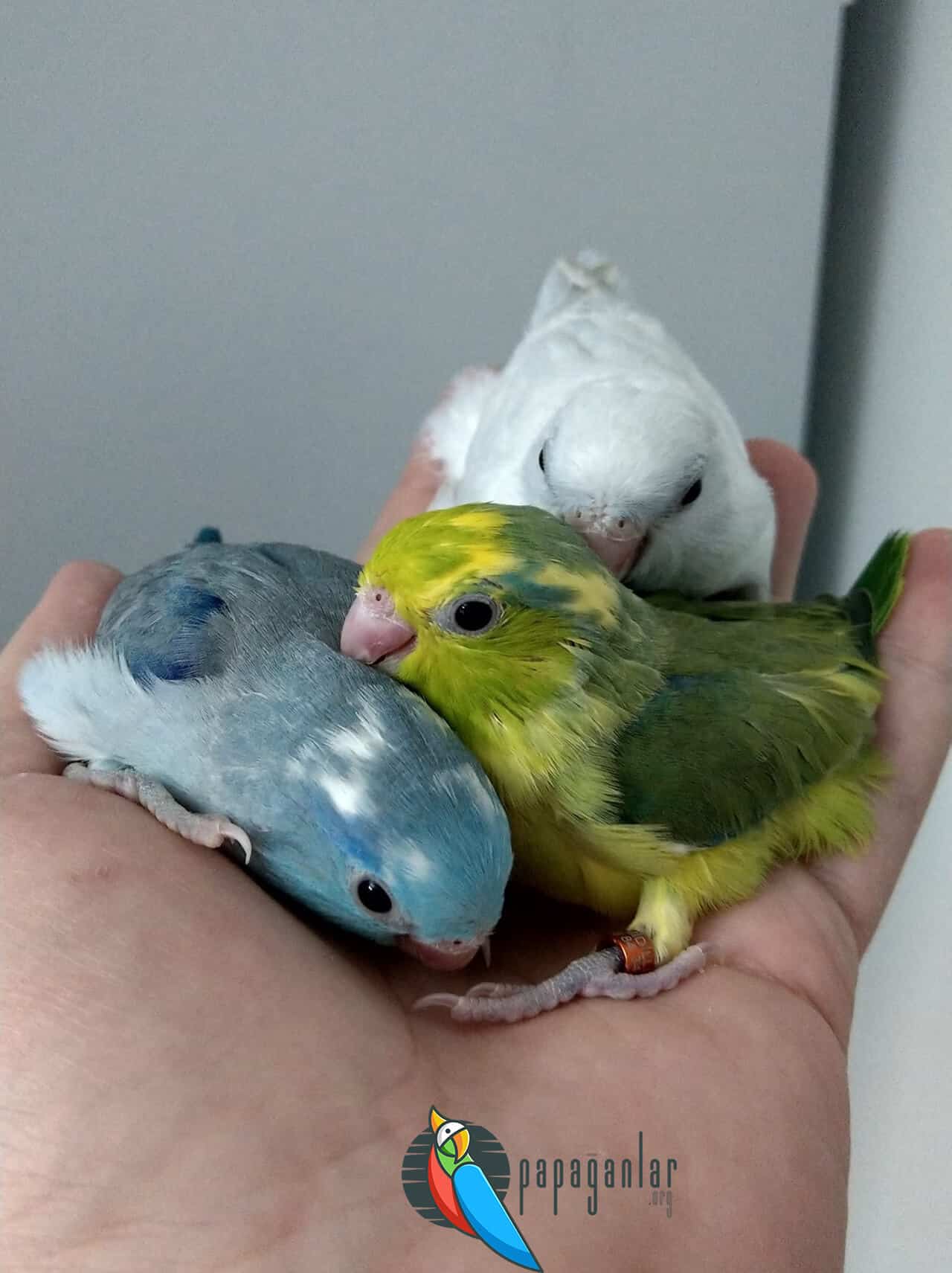
Forpus Parrot Handling Method
Forpus parrots have become a popular choice among pet owners for their miniature size and colorful plumage. These small parrots stand out for their vibrant colors, energetic personalities and easy care requirements. Forpus parrots come in five different species: green-cheeked forpus, Pacific forpus, spectacled forpus, Mexican forpus and black-capped forpus. Each species has its own distinctive features and feather colors.
Forpus parrots are known for their small size and are usually 12-15 cm long and weigh 30-40 grams. Feather colors vary depending on the species; they can be vibrant colors such as green, blue, yellow and white. Their large, curved beaks give them a distinctive appearance.
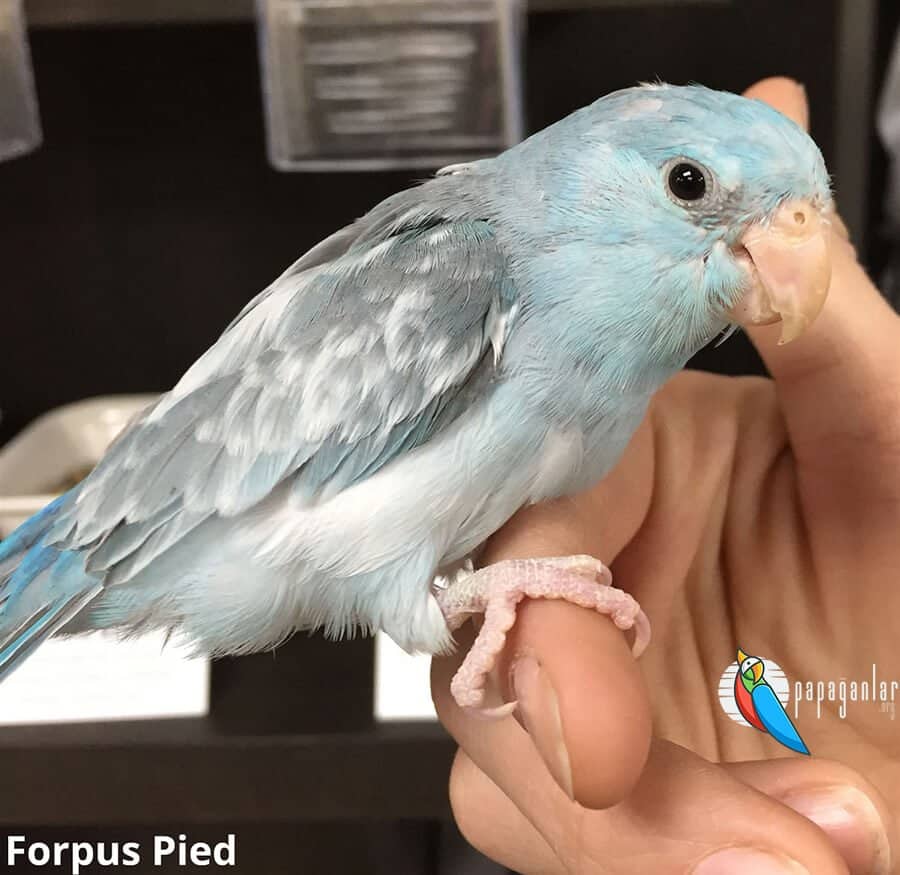
Forpus Parrot Handling
These little parrots are known for their energetic and lively personalities. They are often sociable and attached to people, so it is important that they are not left alone. They are smart and learn fast, so they are easy to train. Forpus parrots are fairly easy to care for, but to have a good pet, you need to meet some of their basic needs.
Choosing a wide and horizontal cage allows forpus parrots to fly and explore. To ensure a balanced diet, use commercial birdseed and fresh fruit and vegetable mixes for forpus. Clean their cages regularly and help them during moult. Provide toys and climbing areas for Forpus to use their intelligence and energy. These birds are social, so it is important to give them regular attention and affection.
Forpus parrots can be trained, such as learning basic commands and accepting to use a leash. With patience and consistency, you can control unwanted behavior. Regular veterinary check-ups are important for the health of Forpus parrots. You should also take care of the coat during moulting periods.
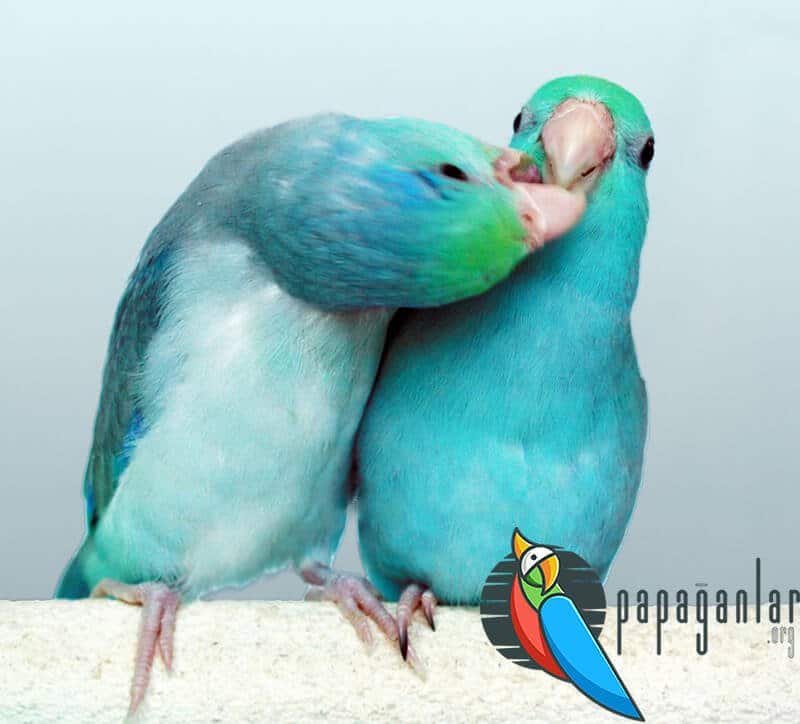
Forpus Parrot Biting Problem
Forpus parrots are popular with pet owners for their colorful plumage and lively personalities. They are easy to care for and show loyalty to their owners. Before bringing these lovely birds into your home, it’s important to understand their needs and responsibilities. With the right care and love, your forpus parrot can be a delightful companion for many years.
With their colorful plumage and energetic personalities, Forpus parrots are one of the most preferred bird species for pet bird owners. Some forpus parrot owners may encounter the biting habit of these cute birds. The biting behavior of Forpus parrots can cause problems for their owners and it is important to understand the underlying causes of this behavior and find solutions.
Forpus parrots can sometimes find it difficult to adapt to new environments or people. In this situation, they may feel threatened and exhibit biting behavior. Forpus parrots are creatures that need attention and interaction. If the owners do not devote enough time, the birds can express this deficiency by biting. Forpus parrots experience hormonal changes during their sexual period. During this period, they may become more aggressive and biting.
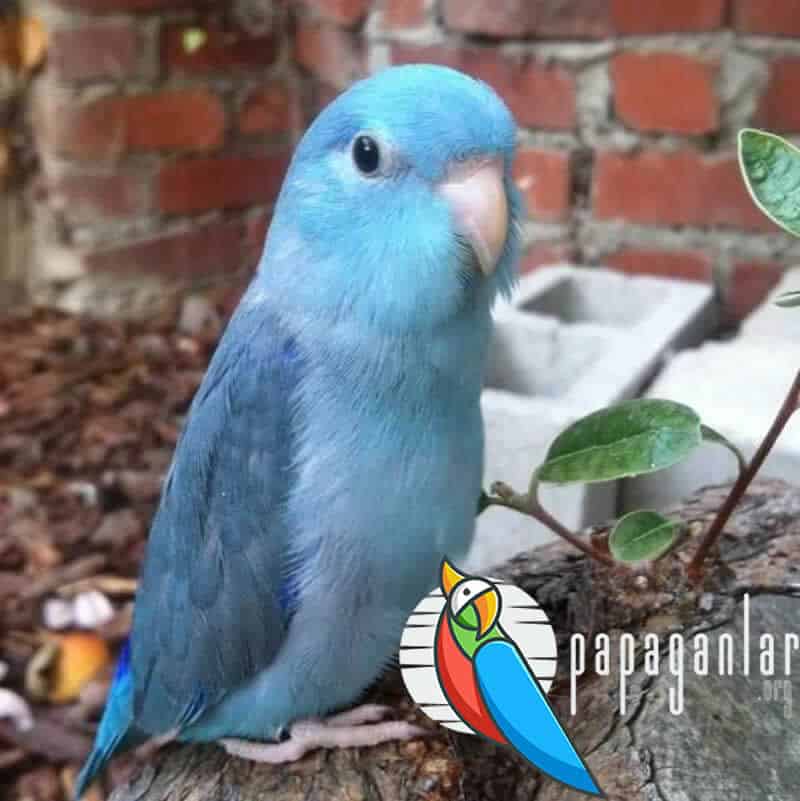
Forpus Parrot Bite Training
Health problems of forpus parrots can be the cause of their biting behavior. Pain or discomfort can cause your bird to bite. Some forpus parrots can be more aggressive from birth. In this case, biting behavior may be more common. It takes patience to control the biting behavior of Forpus parrots. You can overcome this problem by understanding your bird’s behavior and training in positive ways.
It’s important for your bird to trust you. Communicate with him slowly and avoid sudden movements as you bring your hand closer to him. Forpus parrots need attention. Meet this need by taking time and playing games on a regular basis. To reduce your bird’s stress level during sexual periods, relax the environment and be wary of hormonal changes.
Check the health of your Forpus parrot regularly. If you have health problems, contact a veterinarian. By using educational material, you can teach your forpus parrot to give up its unwanted behaviors. The problem of biting forpus parrots can be solved with an understanding and patient approach. By paying attention to your bird’s needs, you can build a strong bond with it and minimize biting behavior. If the problem persists, it may also be helpful to seek help from a bird trainer or veterinarian. Keep in mind that every forpus parrot is different and may have special needs, so a personalized approach will be the most effective.
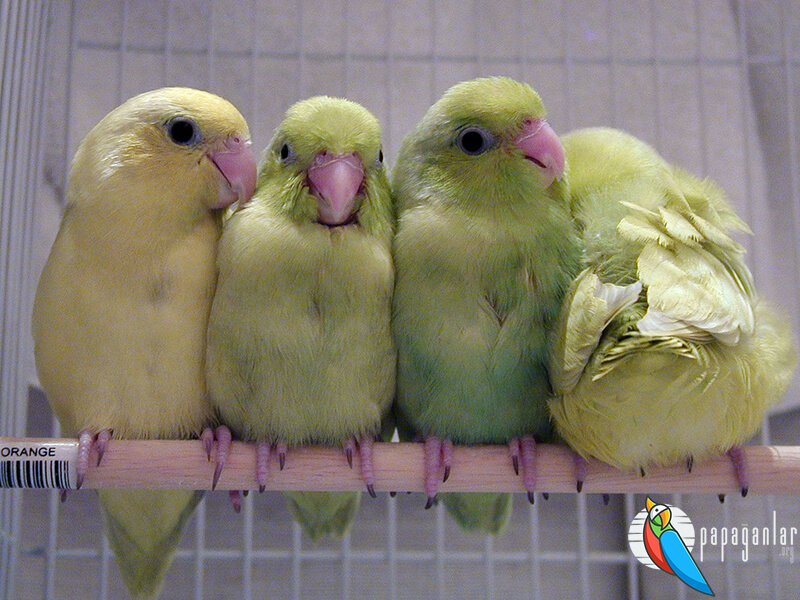
Forpus Parrot Handling Training
Forpus parrots have become a popular choice among pet bird owners with their cute appearance and vibrant personalities. If you want to get to know these tiny feather balls better and give them hands-on training, you’re in the right place. Forpus parrots are small and colorful parrot species found in various parts of South America. They are especially known for their green color and bright plumage. These parrots are known for their sociable and lively nature, and they can be a great source of love and fun for pet owners.
Small pet birds, such as forpus parrots, can experience stress if they are not handled correctly. That’s why handling training is important for both your parrot’s physical health and mental well-being. It helps them build a better relationship with you.
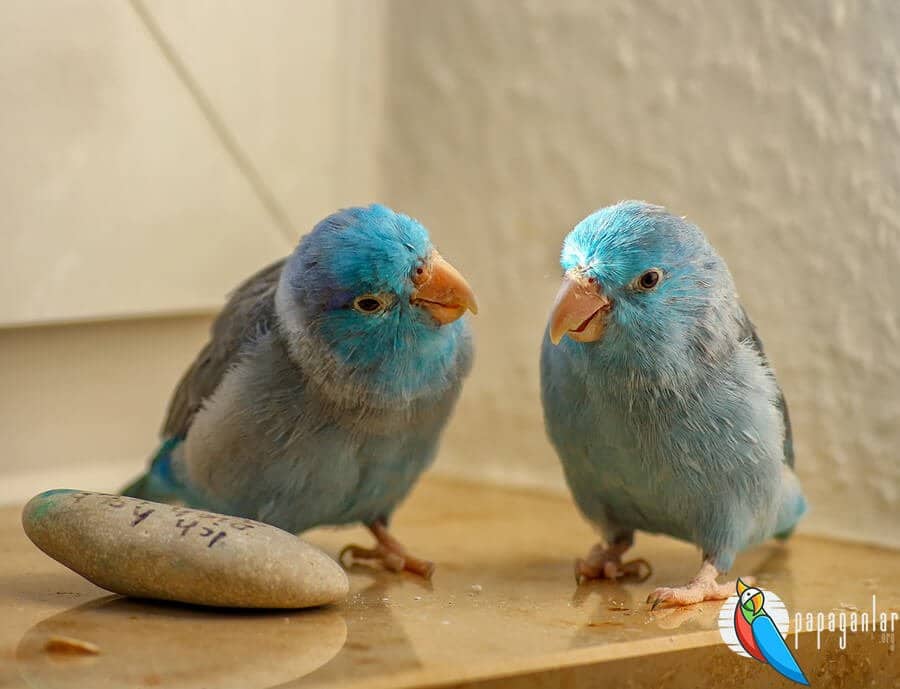
Forpus Parrot Handling Method
You should accustom your Forpus parrots to handling them patiently and calmly. Take your time and keep up with their pace. It’s important for your bird to trust you. Therefore, avoid forcibly catching him and often go to him, talk to him and offer him delicious snacks. Onboarding training can take time. Work in short sessions each day and let your bird get used to you.
There are some techniques to consider when handling forpus parrots. Slowly extend your hand as you approach your bird. First, make contact with him by bringing your finger closer. If your bird is calm, gently take it on your finger. Forpus parrots love the human voice. You can gain their trust by talking to them and using a calm tone of voice.




